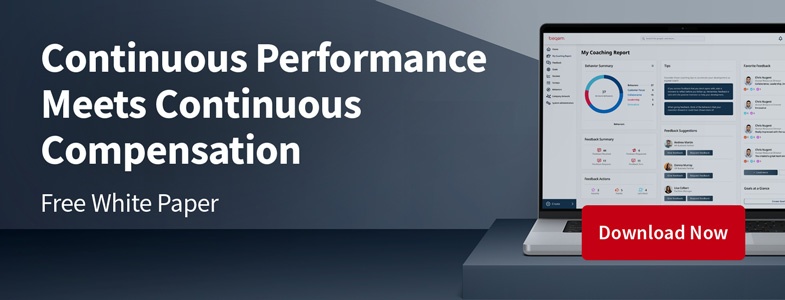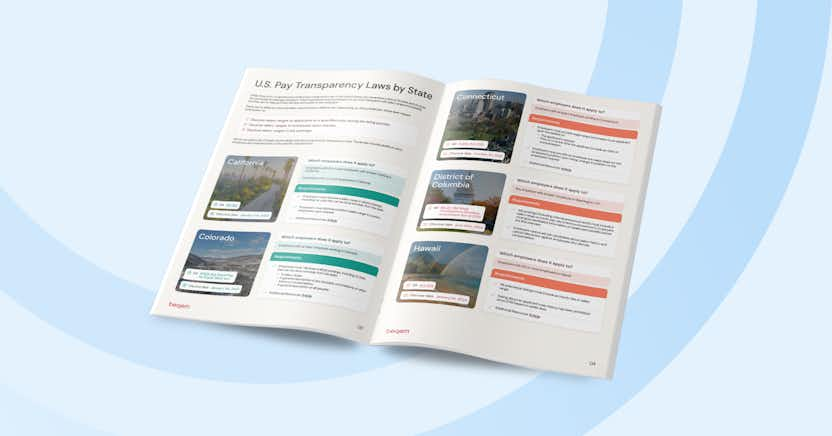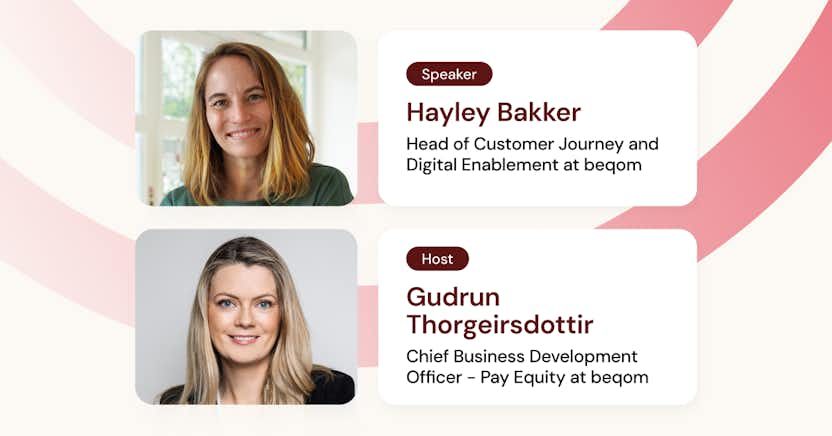Changing Employee Expectations – How Can You Know What Your Employees Really Want?

Products used
In the aftermath of the pandemic and the Great Resignation, employee expectations have changed and we are forced to rethink what our employees really want of us.
Should we embrace hybrid working on a longer-term basis? Should we change job structures? Should we revamp compensation and benefits programs? Hybrid working may be top of the list but with that comes a whole new set of expectations that fit with our new ways of working.
We also have to face the new reality that we need to change the way we manage people. So many of our strategies and practices are rooted in another era, none more so than our performance management.
The new age of performance management
A lot of our current performance management techniques and tools are rooted in the 1980s and 1990s philosophy. This was a time when we all went to the office and met our (singular) boss. We also met in person for our team meetings and our after-work socializing.
With a breakdown of those “traditional” ways, we now are more likely to meet our multiple bosses over Teams or other collaboration tools. We are likely to attend the office infrequently and so informal conversations and after-work socializing are less spontaneous than they once were.
While there are many silver linings to remote or hybrid work, we need new tools and practices to help our people work at their best. But then again, even without remote work, our performance management practices have long been ready for a reboot.
The importance of check-ins and conversations post-pandemic
Our new ways of working bring with them not only a change to how we do our jobs but different expectations as to how we’re managed. There’s no one-size-fits-all approach that is right for every culture out there. That’s why getting to know your employees’ expectations is key.
Surveys and focus groups may help. Yet, the reality of what individuals want is more likely to be uncovered in one-to-one individualized check-ins, where employees can truly express what they need from their managers. Post-pandemic, according to Gallup, “The only viable management style going forward will be ongoing coaching conversations that establish a rhythm of collaboration and create shared accountability for performance and development.”
Such Continuous Performance Management (CPM) may be what is necessary to be successful in this new version of working. Without the right systems and procedures in place, it can feel like a brand-new social experiment. However, we can’t simply hope these conversations just surface by themselves and that our managers will magically have all the answers.
What are navigated conversations?
We need to help our managers with new tools to aid them in fostering these new conversations. That’s why we are seeing a rise in what we call navigated conversations. These are conversations that are prompted by input from HR to help managers pose the right set of questions so they can truly understand the new expectations of their employees and effectively deliver feedback and coaching. By using dedicated check-ins focusing on ways of working, well-being, and development, managers can navigate these very new uncharted waters.
New expectations require new conversations
Remember the pandemic? The pandemic changed our expectations of life and work and set a new purpose for many. It’s never been more vital to stay in tune with what those new expectations are. These expectations are rooted in a more human-centric world where we can understand each other, relate to each other, and co-create the future together. We need to put new tools into the hands of managers so they can expertly have these conversations, understand the shifting expectations of their people, and navigate these choppy new waters together.
In embracing new ways of working, it's equally important to embrace the conversations that go with them and to understand the new expectations that have emerged. Employees who feel they are not heard and understood are less productive and at risk of leaving. Navigated conversations are the means for retaining and motivating the talent in your organization.
If you want to discover how beqom can help you create meaningful check-ins and facilitate conversations that will help your employees express what they really want, book a chat with us.
For more insight into the innovative world of continuous performance management and its relationship to new compensation practices, download our free white paper, Continuous Performance Meets Continuous Compensation.
















